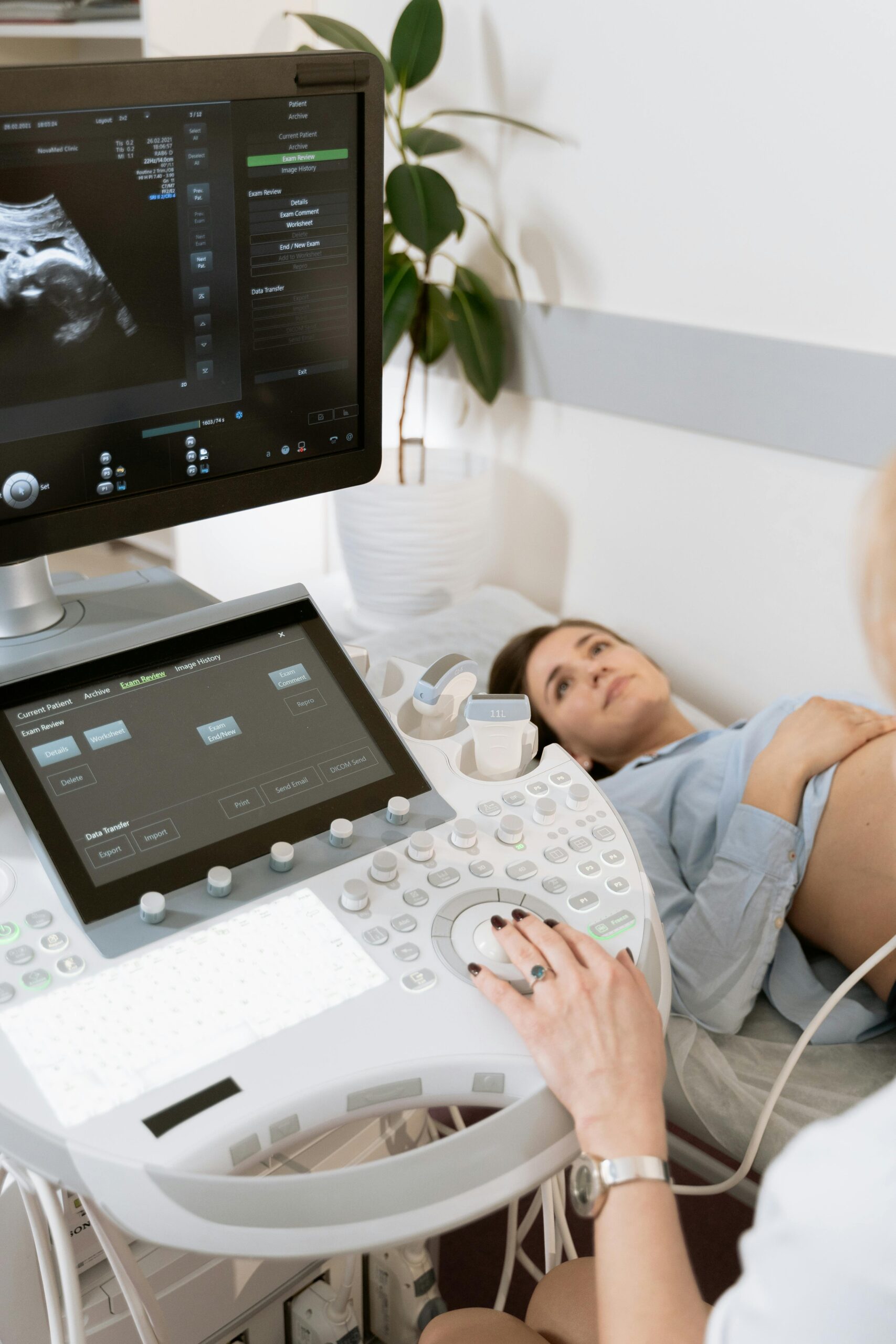12200 Renfert Way, Ste. 100, Austin, TX
*On-Site Dedicated Parking & Free Valet*
Book Your Appointment: 512.652.7001
12200 Renfert Way, Ste. 100, Austin, TX
*On-Site Dedicated Parking & Free Valet*
Book Your Appointment: 512.652.7001



Helpful information to guide you through pregnancy classes, diet, coping with nausea and exercise.
Classes & Events
Many of you have encountered our wonderful nursing staff at Austin Area OBGYN through phone triage, gynecological visits, infertility care, and prenatal/postnatal care. These same incredible nurses provide a variety of classes and events to help you prepare for your new baby. Click here for more information
Diet
Coping With Nausea
Activity

Our physicians are proud to offer the latest in medical technology to our patients.
Follow the links below to find out more!
Colposcopy aided with DYSIS technology
CBR is our preferred provider for cord blood banking
Pelvic Floor Muscle Training aimed at resolving incontinence

Some go-to links we share with our patients daily...
ACOG – The American Congress of Obstetrics and Gynecologists, formerly known as The American College of Obstetrics and Gynecologists, is an excellent source for patient education. You can search for information by typing your topic in the “Search Pamphlets” box on the left hand side.
Cord Blood Banking – Information provided by CBR.
Mayo Clinic – Provides useful and up-to-date information and tools for a healthy living.
WebMd – Considered to be one of the leading sources for trustworthy and timely health and medical news and information.
eMedicine – A clinical reference that includes information on topics, such as obstetrics and gynecology.
Up to Date For Patients – You’ll find free brief overviews written by physicians on over 8,300 medical topics, plus the ability to subscribe for more detailed information.
US National Library of Medicine – From the campus of NIH (National Institutes of Health) in Bethesda, Maryland, this is the world’s largest medical library.
CDC – Centers for Disease Control and Prevention. This website provides credible information on women’s health at every stage of life. The main page for the CDC can also be accessed at: http://www.cdc.gov/ Pregnancy Weekly – Information for moms during their 40 weeks of pregnancy, popular baby names, pregnancy symptoms, and health and fitness. Patients can also sign up to receive weekly newsletters.

Pregnancy will have ups and downs. Here are some resources to help get you through the not-so-glamorous parts.
Heartburn, gas and bloating, upset stomach, Gastroesophageal reflux disease (GERD)
Cough or cold
Pain relief, headache, and fever
Allergy relief
Constipation, hemorrhoids, and diarrhea
Yeast infections and other fungal infections such as athlete’s foot
Insomnia
First-aid preparations
Gastroesophageal reflux disease (GERD)
Gas

We offer a comprehensive Fertility program to assist our patients. Because conception is time sensitive, we see patients 365 days a year for fertility visits.
Unlike most OB/GYN practices, we provide intrauterine inseminations in our office. Essentially, we can provide most infertility treatments before patients need a referral to a specialist for expensive in vitro techniques.
Click here to download our Fertility Packet
The above fertility packet includes some basic information about your next steps as well as a glossary of terms.
How common is it for a couple to have difficulty conceiving?
Approximately one in six couples will experience infertility after one year of attempting conception. Is infertility more likely to be a “male problem” or a “female problem”? Male problems (low sperm counts, motility, etc) and “female problems (ovulation, tubal blockage, endometriosis, etc) have about the same likelihood of resulting in infertility. In approximately one third of cases, combined (male and female) issues exist.
Can Austin Area OB/GYN and Fertility help?
We are very proud of our high percentages of success stories. Please call for an appointment. What happens at a “Fertility Consult”? The process of diagnosing possible causes begins. We recognize this can be a difficult journey and we are honored to assist and support you in it.
What if ovulation is the problem?
Ovulation enhancing medication can often be an easy fix. These medications can be prescribed and monitored by your Austin Area OB/GYN provider.
What if the semen analysis reveals Male Factor infertility?
Supplements can help. Urology consultation may be necessary and a simple technique known as Intrauterine Insemination (IUI) can be performed in the office.
What if I need surgery to diagnose or treat fertility problems?
All of the Austin Area OB/GYN physicians are experts in minimally invasive surgery. Diagnostic laparoscopy can be performed in an outpatient setting with only band-aid incisions and rapid recovery.


Dr. Gutierrez delivered my first baby and she made the whole process so relaxed and calming! I have pretty bad medical anxiety and she calmed all my fears and was so caring. I would absolutely recommend her to anyone!